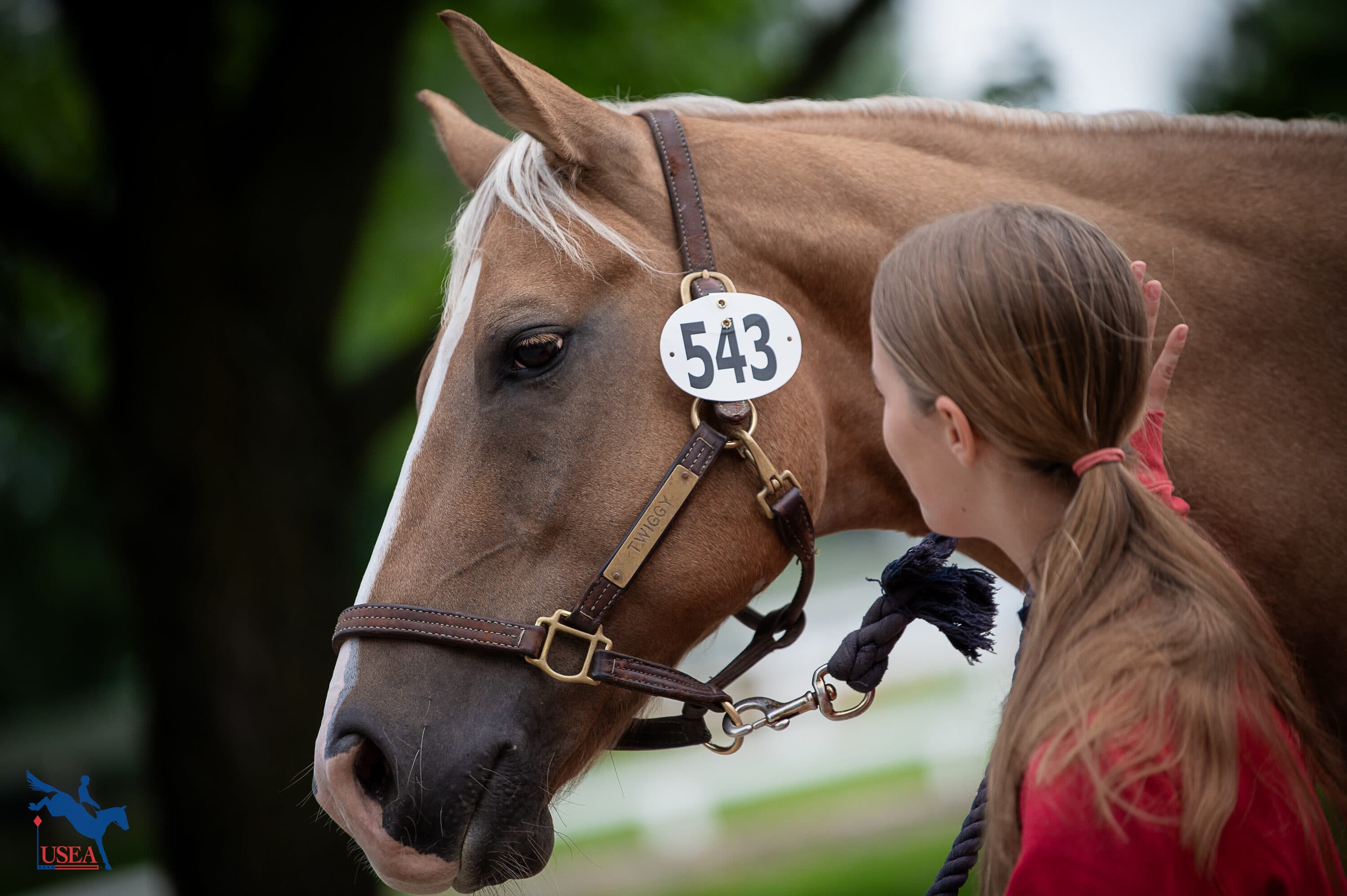Own An Eventing Barn? You Need to Understand the Equine Liability Act

There are currently 48 states which are covered under the Equine Activity Liability Act. This act, which does not apply in the states of California or Maryland, shifts the burden of the risk involved in equine activities onto the participant. However, as USEA Board of Governor member and attorney Yvonne Ocrant pointed out during her seminar, “Equine Law 101: Understanding & Minimizing Risk of Liability in Equine Activities,” which took place during the 2023 USEA Annual Meeting & Convention, there are always exceptions to every rule.
The first thing you need to understand, Ocrant outlined, is the application of the act itself.
“In many states, this includes boarding and riding, but does not include, for example, trailering equines,” Occrant commented. “So if someone is leading a horse into the horse trailer on your property, are they engaging in an equine activity? If the statute in your state does not specifically include leading or transporting horses as an equine activity, you are not protected under the Equine Liability Act.”
Another thing Ocrant noted was that some state statutes do not include spectators, which can get tricky for many barn owners.
“What if a mom enters a warm-up ring to bring her child a sip of water and gets run over?” she asked.
Of course, the first step to protecting yourself is to have clear rules in place around the barn regarding the handling of horses, designated areas for spectators, and more, but as we all know, things don’t always go according to plan with horses.
Another scenario that Ocrant brought up was what if a horse were to get loose on the property and make their way into the designated spectator area?
The easiest way to cover yourself in these scenarios, according to Ocrant, is to have a sign at the entrance of your property that every person would pass that states that by entering the property, the individual is accepting that they are now a participant in equine activity.
Another thing to note is that there are reasons for denied protection under the Equine Liability Act. Those reasons are:
- Faulty Tack or Equipment (Ex: A stirrup leather on a saddle used in your lesson program breaks, resulting in a rider fall)
- Mismatch (Ex: Pairing a green horse with a green rider in a lesson program)
- Dangerous latent condition (Ex: A hole in the ground on your property that causes a horse to trip and fall, causing harm to the rider)
- Willful or wanton disregard (Ex: A rider tells you they feel very uncomfortable executing a task and you make them do it, placing them in harm’s way)
- Negligence (Occrant noted this one can tend to be a catch-all and is not adopted by every state)
- Intentional Act
So, how should facility owners and coaches best protect themselves legally? Ocrant said that after being the best coach that you can be, it all comes down to two things: signage and contracts.
“Post your signage in clearly visible locations where equine activity is conducted,” she noted. If your signage is partially covered by overgrown shrubbery and not easily seen by participants, you may not be covered. Another thing noted was that some states actually require the signage to be a specific typeface and that doing your research for your state is imperative.
Contracts are not a foreign concept in the equine world, especially in regard to boarding situations, but Ocrant commented that the most important thing is making sure your contract covers you in every scenario.
“Your liability releases and boarding contracts need to consider the specific needs of your facility,” she stated. She advised against using online forms or forms found in mass-produced books, as they don’t have the specific language needed for your facility and may not include state statute-specific verbiage.
Your contracts should define your parties and activities—so who is a participant at your facility? Riders, spectators, camp counselors, working students, independent contractors, etc., should all be listed. They should also specify inherent risks with examples, such as loose dogs on the property, snow falling from the arena roof in the winter, traffic on a nearby busy road, etc.
One of the most important things is to make sure you have a signature line for both the participant and a guardian if the participant is a minor.
Understanding equine law and the statutes of each state might seem daunting, but as a fellow eventer and equine law attorney, Ocrant is an expert in the field. If you have any questions or would like assistance in establishing new liability agreements or contracts for 2024, consider contacting Ocrant via email here.
About the USEA Annual Meeting & Convention
The USEA Annual Meeting & Convention takes place each December and brings together a large group of dedicated USEA members and supporters to discuss, learn, and enjoy being surrounded by other eventing enthusiasts. The USEA organizes multiple seminars in addition to committee meetings, open forums, and tons of fun! The 2024 USEA Annual Meeting & Convention will take place in Seattle, Washington, on Dec. 11—15. Click here to learn more about the USEA Annual Meeting & Convention.
The USEA would like to thank the USEA Annual Meeting & Convention Sponsors: Adequan, Bates Saddles, Capital Square, D.G. Stackhouse & Ellis, Kerrits, Nunn Finer, Nutrena, Parker Equine Insurance, Rebecca Farm, RevitaVet, Shires Equestrian Products, SmartPak, Standlee, and World Equestrian Brands.















